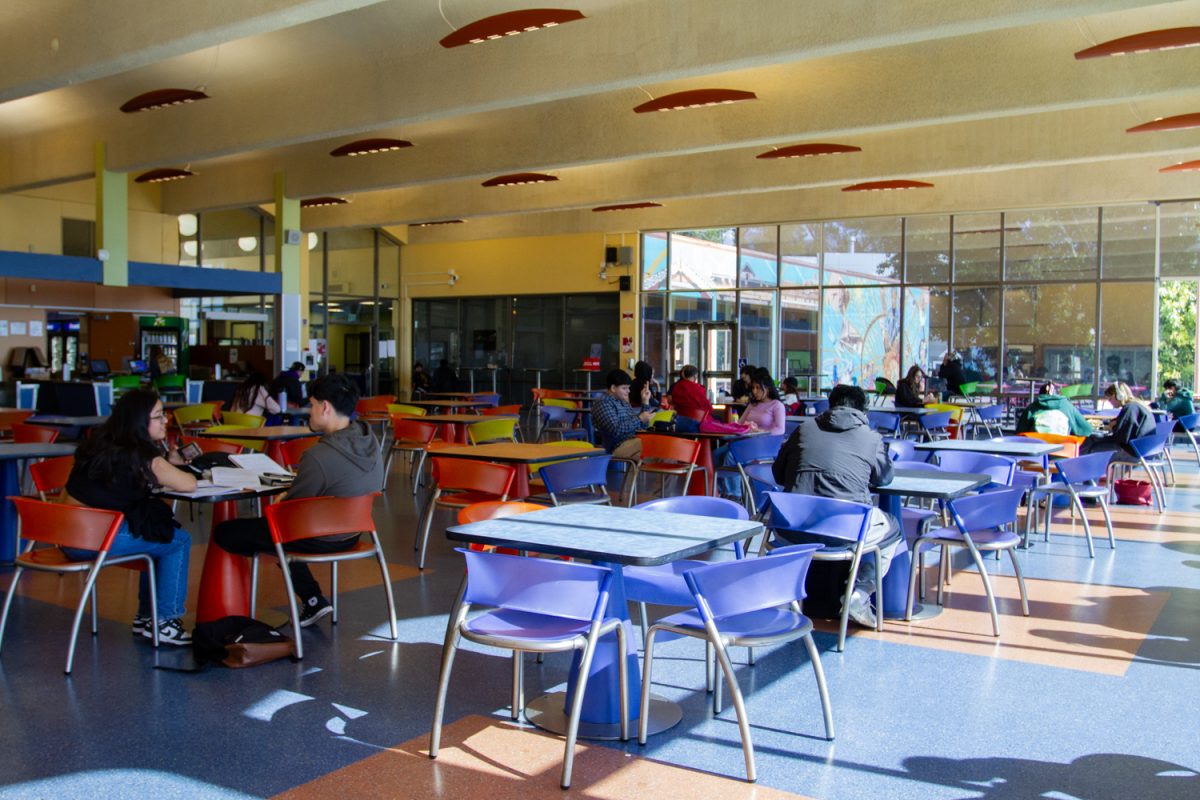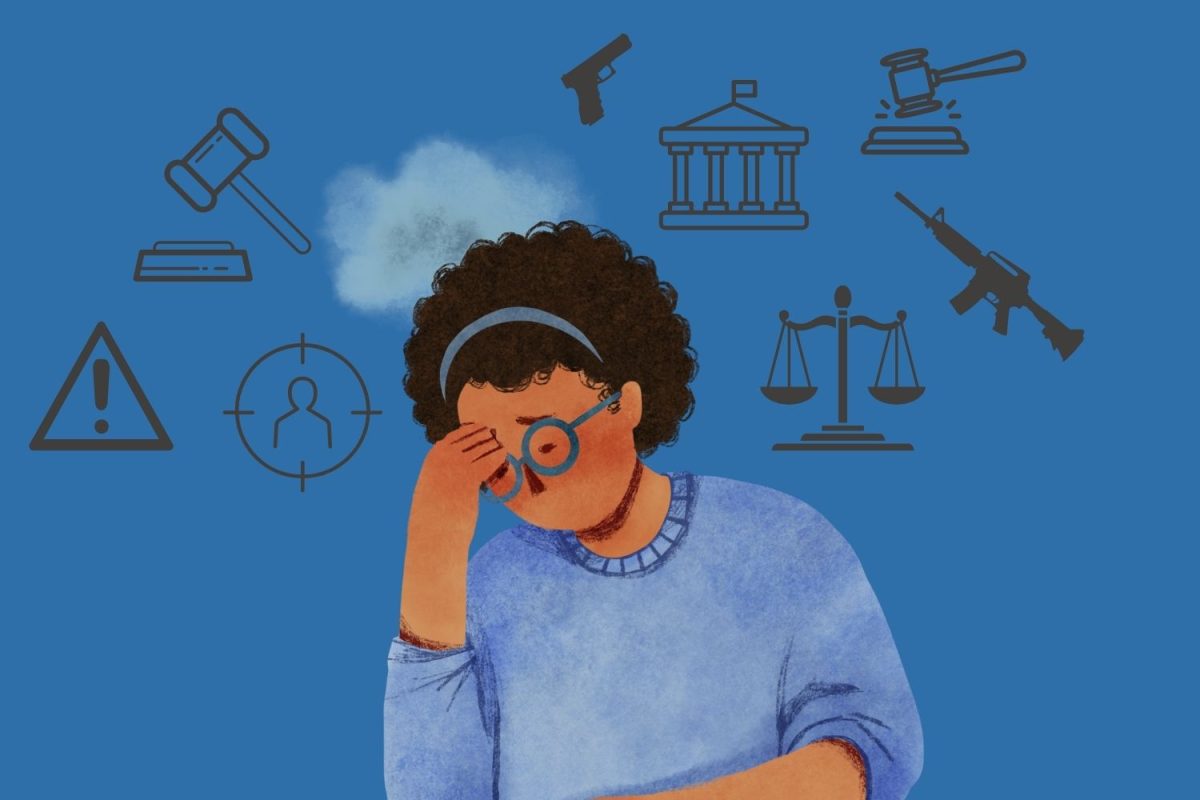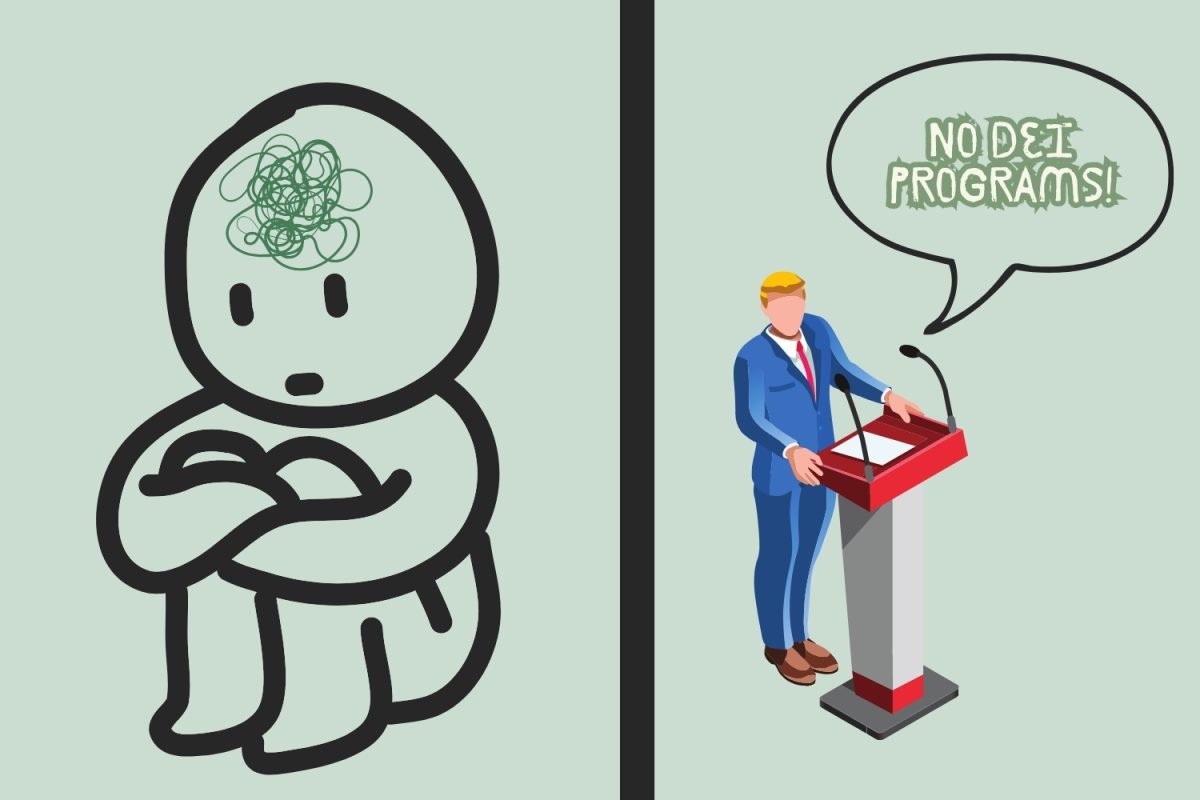 Language is one of the most important tools in the world, but it has also created one of the most divisive social problems in the United States and the rest of the world.
Language is one of the most important tools in the world, but it has also created one of the most divisive social problems in the United States and the rest of the world.
I think the United States should integrate other languages into our education system, to increase communication between our diverse populations and to radically transform new generations’ perceptions and understanding of the world.
Austrian-British philosopher Ludwig Wittgenstein said, “The limits of my language means the limits of my world.” The way we are able to explain the world is how we come to see and understand it.
For example, languages like German and Spanish use masculinity and femininity in association with different words: “el puente” is “the bridge” in Spanish with the masculine article “el”.
In German, “the bridge” is feminine. A study found that Germans typically used more feminine adjectives, like beautiful and elegant, to describe a bridge while Spanish speakers used adjectives like dangerous and strong.
We know that language is important, but now imagine not being able to explain or understand an entire population, an entire country or continent.
We fear what we don’t understand, and many peoples’ perceptions of the rest of the world rely on what they hear from others, which can lead to stereotypes.
I can’t think of any other explanation for a woman yelling at a family for speaking Spanish, and telling them that only English is spoken in America.
Approximately 350 different languages are spoken in the U.S. and it has no official language.
Nearly 254 million are native English speakers, followed by 43 million native Spanish and 3 million Chinese speakers.
It’s no surprise that more people speak English, but it is unfortunate that it is becoming the dominant and most important language in global business and government.
In many European countries, students are able to speak two to three languages after their studies—at least one is almost always English.
But America isn’t completely in the dark. I remember singing about different colors in Spanish while in second grade, and I took three years of Spanish in high school.
But the importance of what I was doing in both instances was never apparent, and I barely remember any Spanish.
I don’t think just having everyone learn English is the answer either.
People who grow up just speaking English and living within American culture miss out on all of those perceptions of the world that other nations have been nurturing for centuries. A country’s language is harmonious with its culture—if we lose one, we are bound to lose both.
A broader understanding of the world allows us to empathize with other people and their experiences, and that understanding begins in adolescence.
I see a world where people can better communicate with each other and create friendships through language and culture, instead of perpetuating a social barrier, or deliberately discriminating because someone is different.
Becoming a cohesive society shouldn’t be about favoring English or merging into one culture, but integrating and appreciating many.







